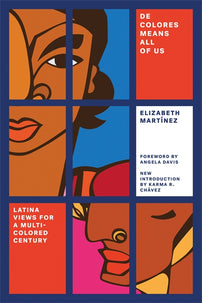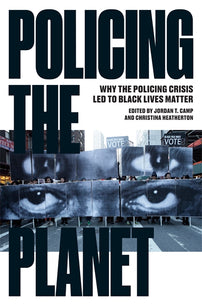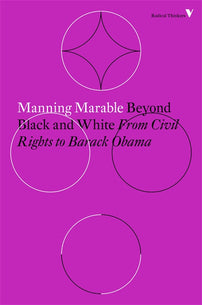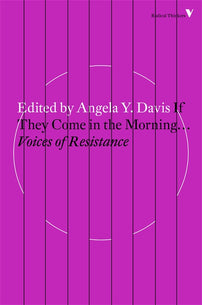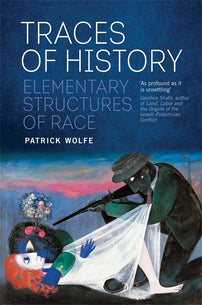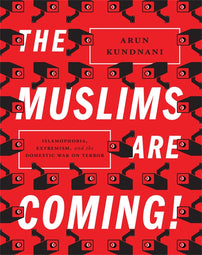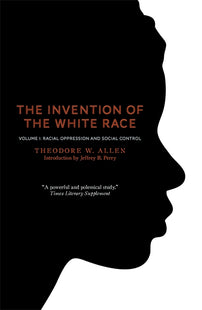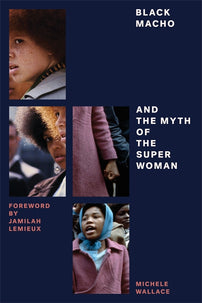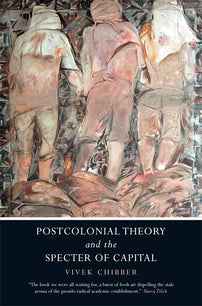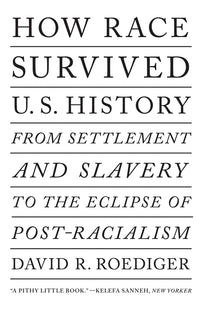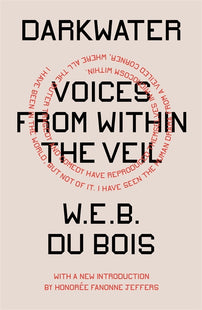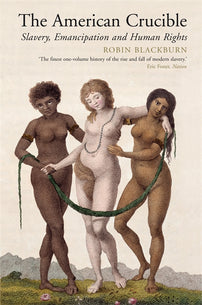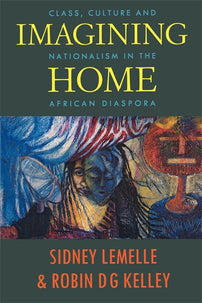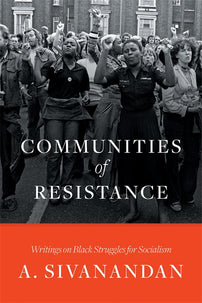Race, Class and Marxism: A Verso Reading List
Includes books on the formation of Asian-American organising, the '60s Chicano movement, feminism and racism, the Black Atlantic, racialised global policing, and much more.

David Roediger's work has been pivotal to founding the field of Critical Whiteness Studies since the publication of his groundbreaking volume The Wages of Whiteness in 1991. Yet, in recent years, Roediger's work has broadened to fundamentally question the relationships between race, class and capital more generally.
His newest volume, Class, Race and Marxism, is the culmination of this work, and offers one of the most rigorous and nuanced analyses of the intersections of class and race, and which looks towards movements like Black Lives Matter to offer new grounds for the difficult work of building solidarity.
[book-strip index="2" style="buy"]How did America recover after its years of civil war? How did freed men and women, former slaves, respond to their newly won freedom?
Seizing Freedom reinstates ex-slaves’ own “freedom dreams” in constructing these histories. Roediger creates a masterful account of the emancipation and its ramifications on a whole host of day-to-day concerns for Whites and Blacks alike, such as property relations, gender roles, and labor.
[book-strip index="3" style="buy"]A groundbreaking volume that paved the way for the global study of the creation of whiteness in history, The Wages of Whiteness is an essential work for anyone interested in race, class and their intersecting formations.

Most people assume that racism grows from a perception of human difference: the fact of race gives rise to the practice of racism. Sociologist Karen E. Fields and historian Barbara J. Fields argue otherwise: the practice of racism produces the illusion of race, through what they call “racecraft.” And this phenomenon is intimately entwined with other forms of inequality in American life.
[book-strip index="5" style="buy"]This classic work by the late Clyde Woods, republished with a new introduction by Ruth Wilson Gilmore, is a major reinterpretation of the 200-year-old conflict between African American workers and the planters of the Mississippi Delta. The book measures the impact of the plantation system on those who suffered its depredations firsthand, while tracing the decline and resurrection of plantation ideology in national public policy debate.
Throughout this remarkably interdisciplinary book, ranging across fields as diverse as rural studies, musicology, development studies, and anthropology, Woods demonstrates the role of music—including jazz, rock and roll, soul, rap and, above all, the blues—in sustaining a radical vision of social change.
[book-strip index="6" style="buy"]Elizabeth Martínez’s unique Chicana voice has been formed through over thirty years of experience in the movements for civil rights, women’s liberation, and Latina/o empowerment. In De Colores Means All of Us, Martínez presents a radical Latina perspective on race, liberation and identity. She describes the provocative ideas and new movements created by the rapidly expanding US Latina/o community as it confronts intensified exploitation and racism.
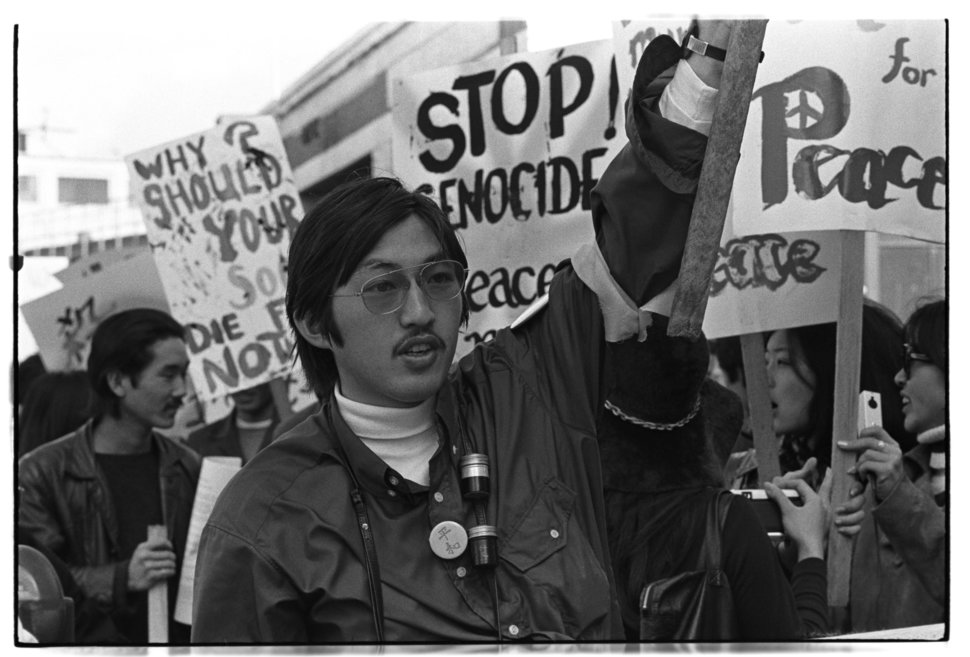
Until the political ferment of the Long Sixties, there were no Asian Americans. There were only isolated communities of mostly Chinese, Japanese, and Filipinos lumped together as “Orientals.” Serve the People tells the story of the social and cultural movement that knit these disparate communities into a political identity, the history of how—and why—the double consciousness of Asian America came to be.
[book-strip index="8" style="buy"]Combining firsthand accounts from activists with the research of scholars and reflections from artists, Policing the Planet traces the global spread of the broken-windows policing strategy, first established in New York City under Police Commissioner William Bratton. It’s a doctrine that has vastly broadened police power the world over—to deadly effect.

Afrocentrism, Eurocentrism, Caribbean Studies, American Studies. To the forces of cultural nationalism trapped in their respective camps, this bold book sounds a liberating call. There is, Paul Gilroy tells us, a culture that is not specifically African, American, Caribbean, or British, but all of these at once; a black Atlantic culture whose themes and techniques transcend ethnicity and nationality to produce something new and, until now, unremarked. Challenging the practices and assumptions of cultural studies, The Black Atlantic also enriches our understanding of modernism.
[book-strip index="10" style="buy"]Highly acclaimed dissection of the “new racism,” from Manning Marable, one of the greatest radical black intellectuals of our time.
[book-strip index="11" style="buy"]First published in 1990, Michele Wallace’s Invisibility Blues is widely regarded as a landmark in the history of black feminism. Wallace’s considerations of the black experience in America include recollections of her early life in Harlem; a look at the continued underrepresentation of black voices in politics, media, and culture; and the legacy of such figures as Zora Neale Hurston, Toni Cade Bambara, Toni Morrison, and Alice Walker. Wallace addresses the tensions between race, gender, and society, bringing them into the open with a singular mix of literary virtuosity and scholarly rigor. Invisibility Blues challenges and informs with the plain-spoken truth that has made it an acknowledged classic.
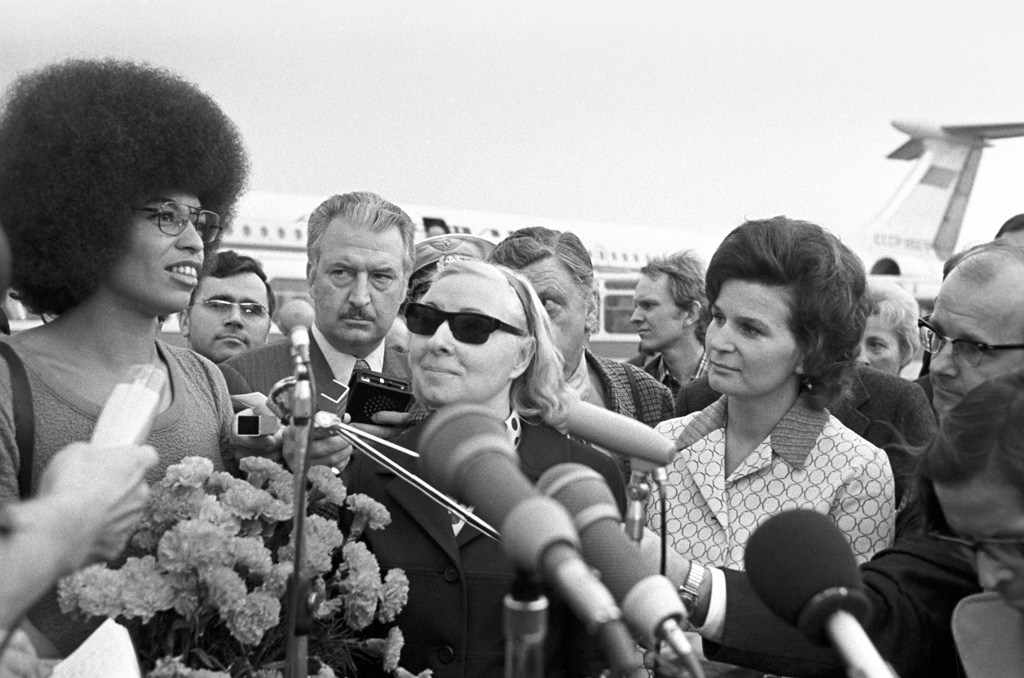
With race and the police once more burning issues, this classic work from one of America’s giants of black radicalism has lost none of its prescience or power.
[book-strip index="13" style="buy"]"Race is colonialism speaking". The late Patrick Wolfe's work opened up the field of Settler Colonial studies and has paved the way for a whole generation of scholars and activists. Traces of History, his last book, is the culmination of that work. A vast and beautifully written comparative account of how race is formed across the globe.
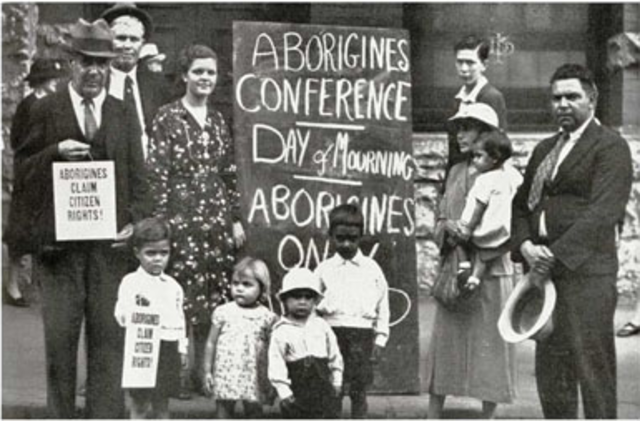
Powerful critique of UK and US surveillance and repression of Muslims and prosecution of homegrown terrorism.
[book-strip index="15" style="buy"]When the first Africans arrived in Virginia in 1619, there were no “white” people there. Nor, according to colonial records, would there be for another sixty years. In this seminal two-volume work, The Invention of the White Race, Theodore W. Allen tells the story of how America’s ruling classes created the category of the “white race” as a means of social control. Since that early invention, white privileges have enforced the myth of racial superiority, and that fact has been central to maintaining ruling-class domination over ordinary working people of all colors throughout American history.
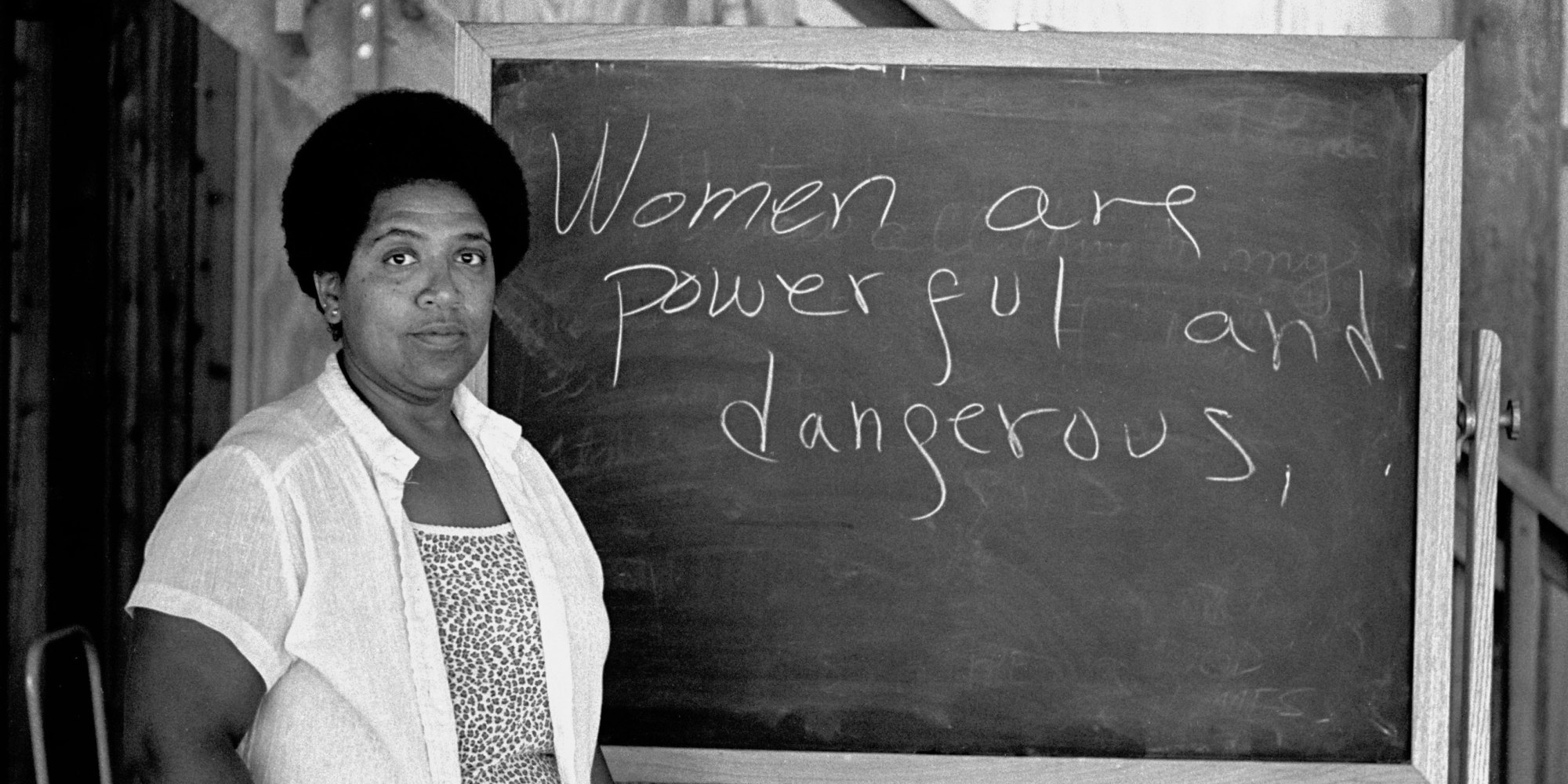
Originally published in 1978, Black Macho and the Myth of the Superwoman caused a storm of controversy. Michele Wallace blasted the masculine biases of the black politics that emerged from the sixties. She described how women remained marginalized by the patriarchal culture of Black Power, demonstrating the ways in which a genuine female subjectivity was blocked by the traditional myths of black womanhood. With a foreword that examines the debate the book has sparked between intellectuals and political leaders, as well as what has—and, crucially, has not—changed over the last four decades, Black Macho and the Myth of the Superwoman continues to be deeply relevant to current feminist debates and black theory today.
[book-strip index="17" style="buy"]Inspired by Antonio Gramsci’s writings on the history of subaltern classes, the authors in Mapping Subaltern Studies and the Postcolonial sought to contest the elite histories of Indian nationalists by adopting the paradigm of ‘history from below’. Later on, the project shifted from its social history origins by drawing upon an eclectic group of thinkers that included Edward Said, Roland Barthes, Michel Foucault, and Jacques Derrida. This book provides a comprehensive balance sheet of the project and its developments, including Ranajit Guha’s original subaltern studies manifesto, Partha Chatterjee, Dipesh Chakrabarty and Gayatri Spivak.
[book-strip index="18" style="buy"]Postcolonial theory has become enormously influential as a framework for understanding the Global South. It is also a school of thought popular because of its rejection of the supposedly universalizing categories of the Enlightenment. In this devastating critique, mounted on behalf of the radical Enlightenment tradition, Vivek Chibber offers the most comprehensive response yet to postcolonial theory.
[book-strip index="19" style="buy"]Vivek Chibber’s Postcolonial Theory and the Specter of Capital was hailed on publication as “without any doubt … a bomb,” and “the most substantive effort to dismantle the field through historical reasoning published to date.” It immediately unleashed one of the most important recent debates in social theory, ranging across the humanities and social sciences, on the status of postcolonial studies, modernity, and much else. This book brings together major critics of Chibber’s work to assess the efficacy of his argument from differing perspectives.
[book-strip index="20" style="buy"]In this absorbing chronicle of the role of race in US history, David R. Roediger explores how the idea of race was created and recreated from the 1600's to the present day.

The distinguished American civil rights leader, W. E. B. Du Bois first published these fiery essays, sketches, and poems individually nearly 80 years ago in the Atlantic, the Journal of Race Development, and other periodicals. Part essay, part autobiography, Darkwater explicitly addresses significant issues, such as the oppression of women and Eurocentric standards of beauty, the historical rise of the idea of whiteness, and the abridgement of democracy along race, class, and gender lines. Reflecting the author’s ideas as a politician, historian, and artist, this volume has long moved and inspired readers with its militant cry for social, political, and economic reforms for black Americans.
[book-strip index="22" style="buy"]The American Crucible furnishes a vivid and authoritative history of the rise and fall of slavery in the Americas. For over three centuries enslavement promoted the rise of capitalism in the Atlantic world. The New World became the crucible for a succession of fateful experiments in colonization, silver mining, plantation agriculture, racial enslavement, colonial rebellion, slave witness and slave resistance. Slave produce raised up empires, fostered new cultures of consumption and financed the breakthrough to an industrial order.
[book-strip index="23" style="buy"]Dissecting the different meanings of femininity and womanhood, Beyond the Pale examines the political connections between black and white women, both within contemporary racism and feminism, as well as in historical examples like the anti-slavery movement and the British campaign against lynching in the United States. Beyond the Pale is a major contribution to anti-racist work, confronting the historical meanings of whiteness as a way of overcoming the moralism that so often infuses anti-racist movements.

Youth, Identity, Power is the classic study of the origins of the 1960s Chicano civil rights movement. Written by a leader of the Chicano student movement who also played a key role in the creation of the wider Chicano Movement, this is the first full-length work to appear on the subject. It fills an important gap in the history of political and social protest in the United States.
[book-strip index="25" style="buy"]At a time when prevailing liberal wisdom argues for the downplaying of race in the hope of building coalitions dedicated to economic reform, Roediger wants to open, not close, debates on the privileges and miseries associated with being white. He closely examines the way in which white identities have historically prepared white Americans to accept the oppression of others, the emptiness of their own lives, and the impossibility of change.
[book-strip index="26" style="buy"]This collection of original essays brilliantly interrogates the often ambivalent place of Africa in the imaginations, cultures and politics of its “New World” descendants. Combining literary analysis, history, biography, cultural studies, critical theory and politics, Imagining Home offers a fresh and creative approach to the history of Pan-Africanism and diasporic movements.

The varied experience of the Caribbean diaspora in Britain, with its difficult and fractured history, is reflected in this distinctive and lively collection. The contributors to Inside Babylon show how employers and police, psychiatrists and welfare services, help to channel black people into residential and occupational ghettoes.
[book-strip index="28" style="buy"]A collection of incisive critiques of contemporary Marxism, of post-colonial development and of the Eurocentric assessment of imperialism from one of Britain's most influential black voices.



